This is an automatically translated article.
The article was professionally consulted with Specialist Doctor II Huynh Thi Hien - Obstetrician and Gynecologist - Department of Obstetrics and Gynecology - Vinmec Nha Trang International General Hospital.Aging and menopause are inevitable natural changes, but good nutrition can help prevent or alleviate some of the uncomfortable symptoms that develop during and after menopause. So what should menopausal women eat?
1. The Ultimate Guide to Menopause Nutrition
During menopause, eat a variety of food groups to get all the necessary menopausal nutrients. Since a woman's diet is often low in iron and calcium, a menopausal nutrition guide will include:Get enough calcium Eat and drink 2 - 4 servings of dairy products and foods rich in calcium every day. Calcium is found in dairy products, fish with bones (such as sardines and canned salmon), broccoli, and legumes. The goal is to get enough 1,200 milligrams per day.
Fortify iron Eat at least 3 servings of iron-rich foods every day. Iron is found in lean red meat, poultry, fish, eggs, green vegetables, nuts, and fortified grain products. The recommended amount of iron for older women is 8 milligrams per day.
Get enough fiber Prioritize fiber-rich foods, such as rye bread, whole grains, brown rice, fresh fruits and vegetables. Most adult women should get about 21 grams of fiber per day. Of which, consume at least 1.5 cups of fruit and 2 cups of vegetables per day. Cruciferous vegetables like broccoli, which are especially helpful for menopausal women, help increase levels of a type of estrogen that protects against breast cancer.
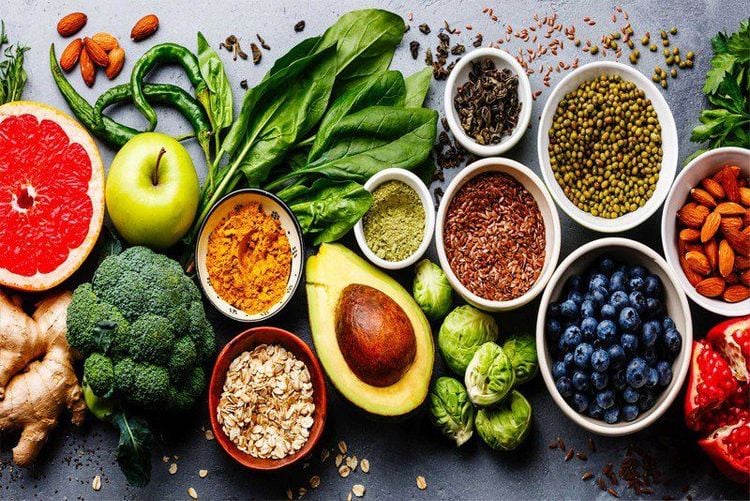
Drink plenty of water As a general rule, drinking 8 glasses of water a day will meet the needs of most healthy adults.
Maintain a healthy weight If you are overweight, reduce portion sizes and limit foods high in fat, but do not skip meals. A dietitian can help assess your ideal body weight level.
Cut down on high-fat foods Fat should only make up 25-35% of total daily calories. In addition, saturated fat should be limited to less than 7% of total daily calories. Saturated fat, which increases cholesterol and heart disease risk, is found in fatty meats, whole milk, ice cream and cheese. Limit cholesterol consumption to no more than 300 milligrams per day. Watch out for trans fats found in vegetable oils, many baked goods, and margarine. This is also the type that increases cholesterol and the risk of heart disease. In contrast, healthy fats, such as omega-3 fatty acids, may benefit women going through menopause, reducing the frequency of hot flashes and the severity of night sweats. .
Use sugar and salt in moderation Too much sodium in the diet has been linked to high blood pressure. In addition, postmenopausal women should avoid smoked, salted and grilled foods, as they are high in nitrates that increase the risk of cancer.
2. Foods that help relieve menopausal symptoms
Plant-based foods contain isoflavones (plant estrogens) that act in the body like a weak form of estrogen. Therefore, soy may help with partial control of menopausal symptoms, including lowering cholesterol levels, avoiding hot flashes and night sweats. Isoflavones can be found in tofu and soy milk.The decline in estrogen levels during menopause can increase the risk of bone fractures in women. Because of the direct relationship between postmenopausal estrogen deficiency and osteoporosis, the following supplements, combined with a healthy menopausal diet, may help prevent this condition from developing:
Calcium: Consult your doctor before deciding to take a calcium supplement. A 2012 study found that taking calcium supplements may increase the risk of heart attack in some people. However, increasing dietary calcium through natural food sources will not increase the risk. Vitamin D: Your body uses vitamin D to absorb calcium. People aged 51 - 70 should get about 600 IU per day. People over 70 should get 800 IU per day. Do not take more than 4,000 IU of vitamin D per day to avoid kidney damage and weakening of bones.
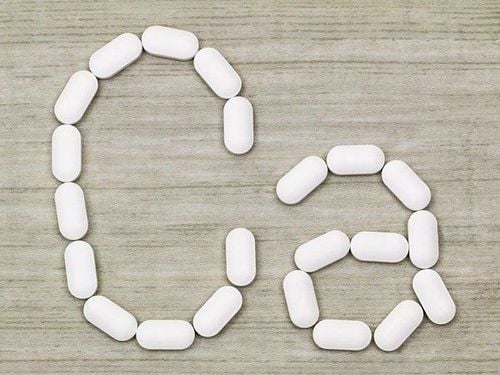
3. Menopausal age should abstain from what?
If you're experiencing hot flashes, weight gain, and poor sleep during menopause, you should avoid certain foods and beverages that are thought to trigger these symptoms. Specifically:High sugar and refined carbs High blood sugar, insulin resistance, and metabolic syndrome are associated with increased rates of hot flashes in menopausal women. Processed and overly sweet foods raise blood glucose levels rapidly. The more processed, the more pronounced the effect on blood sugar. Therefore, limiting your intake of white bread, crackers, and baked goods, can reduce hot flashes during menopause. Experts recommend getting less than 10% of your daily calories from sugar, which equates to 50 grams of sugar on a 2,000-calorie diet.
Alcohol and caffeine Studies have shown that caffeine and alcohol can increase the severity of hot flashes in menopausal women. Another study found that high caffeine intake reduced the incidence of hot flashes. Therefore, it is a good idea to consider whether caffeine affects your hot flashes.
However, caffeine and alcohol will disrupt sleep, while many menopausal women have difficulty sleeping. So consider avoiding caffeine or alcohol near bedtime.
Spicy foods Avoiding spicy foods is a common recommendation for women going through menopause. Spicy food intake is associated with increased hot flashes and anxiety levels, especially in women with poor overall health. Spicy foods should be avoided in your menopausal diet if they aggravate your symptoms.
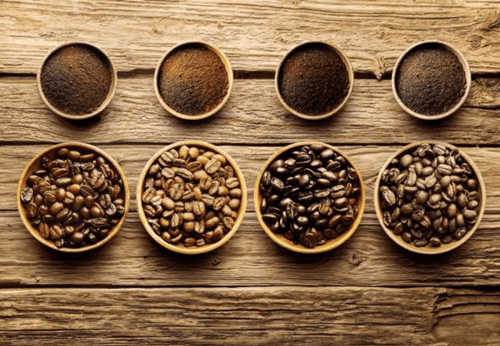
Entering menopause, women will have to face obvious changes in the body. A series of unpleasant symptoms, such as hot flashes, decreased libido, dryness, fatigue, ... will appear, reducing the quality of life. Besides resting and exercising in moderation, a complete and scientific menopausal diet, noting what menopause should abstain from and what menopause should eat is a way to help women get through the period. This is softer.
Understanding the difficulties women have to go through during menopause, Vinmec International General Hospital is currently implementing a package of pre-menopausal health examination and counseling. When registering for an examination package, customers will be examined and consulted with a specialist in Gynecology; Perform tests to assess hormonal status such as:
Gynecological examination Gynecological examination, breast examination Transabdominal ultrasound of uterus and ovaries Taking samples for cervical-vaginal cytology Mammogram (2 sides) Osteoporosis Measurement Perform other tests to detect premenopausal conditions, if any.
Please dial HOTLINE for more information or register for an appointment HERE. Download MyVinmec app to make appointments faster and to manage your bookings easily.
Reference sources: webmd.com, healthline.com